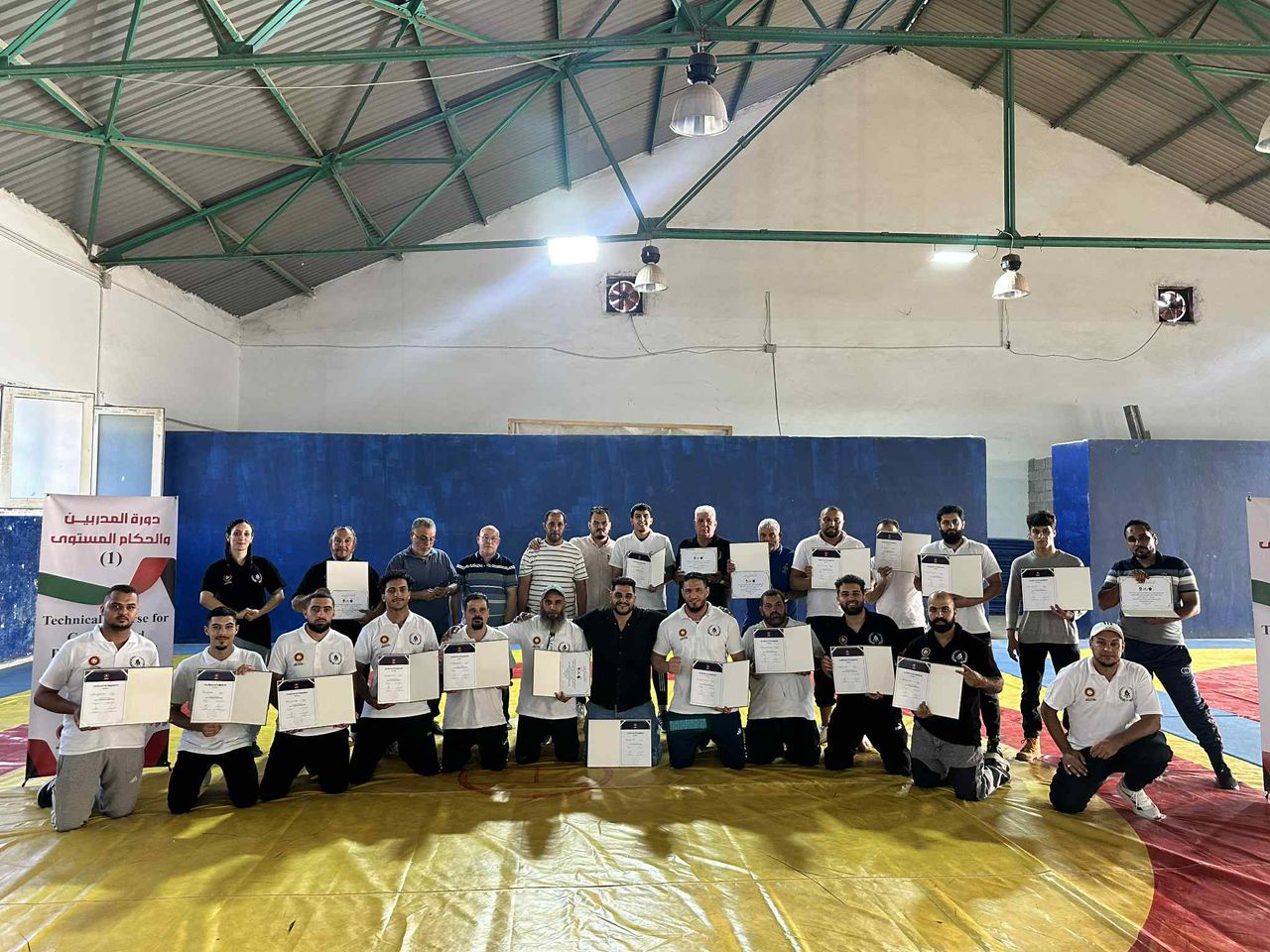With Online Webinars Wrestling Finds Eager Audience
Thursday, July 30, 2020 - 13:31 By United World Wrestling Press

CORSIER-SUR-VEVEY, Switzerland (July 30) -- A move from the mat to the home office was never planned, but for United World Wrestling the transition from mat-based training to online learning is showing positive results.
The hourlong webinars, launched in June, have a been a huge success with more than 40 being delivered by the development department across several languages and attracting viewership from all five continents.
“Through the pandemic has proven to be challenging in a number of ways, the wrestling community has shown resilience,” said UWW Development Director Deqa Niamkey. “These are challenging times we have managed to engage coaches, referees and national federations on a weekly basis with highly renowned experts to keep our community motivated and learn best practices. We are grateful to be part of this growing wrestling family and we look forward to having everyone back on the field of play.”
In only a month the webinars are attracting an average of 160 total viewers, which is far more than the average in-person attendance seen for the majority of similar seminars. The Spanish-speaking webinar have been the most-watched averaging almost 200 viewers each webinar.
The Refereeing Commission has also launched a Webinar series with eight airing since June 22 and another four scheduled before the end of the summer. There will be translations of the videos in Russian, French, and Spanish posted to the UWW starting July 30. The new webinars will be posted every Thursday in Russian, French and Spanish. Russian will air at 14:00, French at 16:00 and Spanish at 18:00.
“UWW Education Webinars have offered the referee community all over the globe not only a convenient and modern way to learn and upskill on wrestling matters, but also an opportunity to stay again in touch during this difficult period of time, which has been much appreciated,” said UWW Refereeing Commission president Antonio Silvestri.
Current webinars have covered multiple aspects of refereeing, from basic skills to detailed analysis of actions and throws, which are intended to assist referees in their learning and better prepare for a return to the mat.



Share your thoughts.
Comments